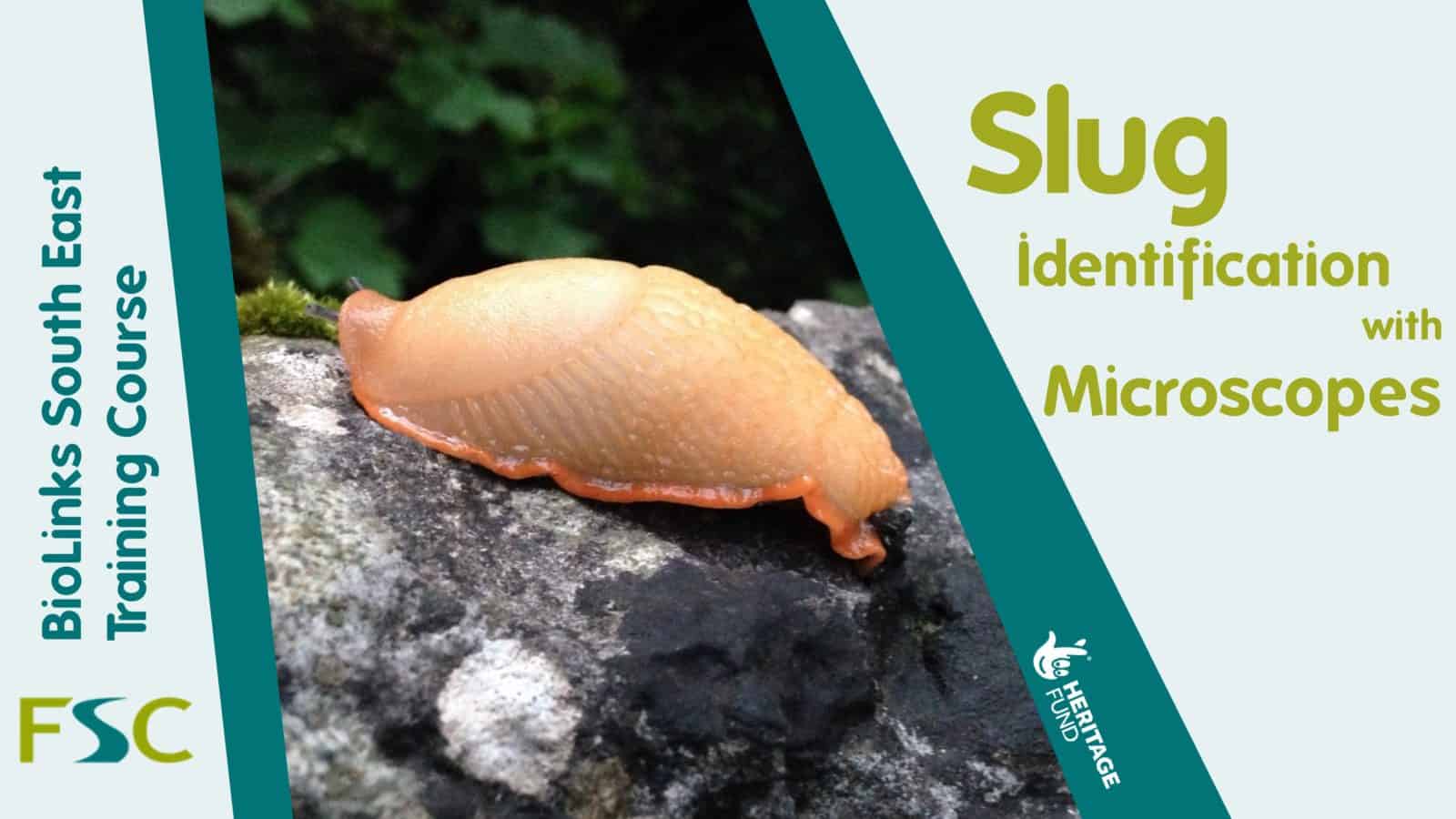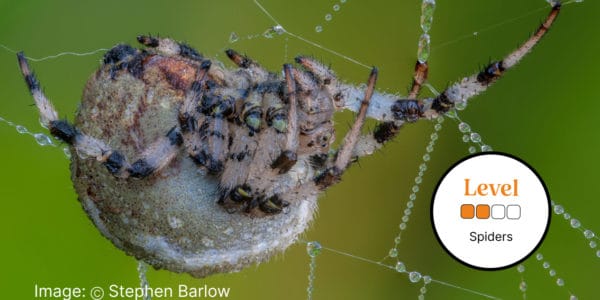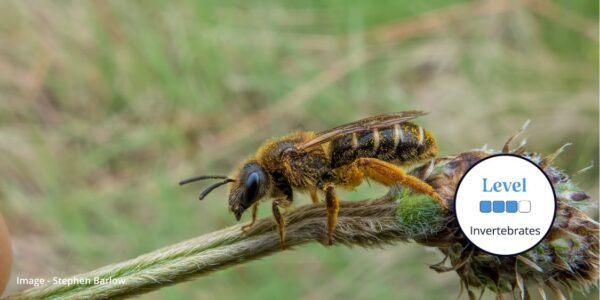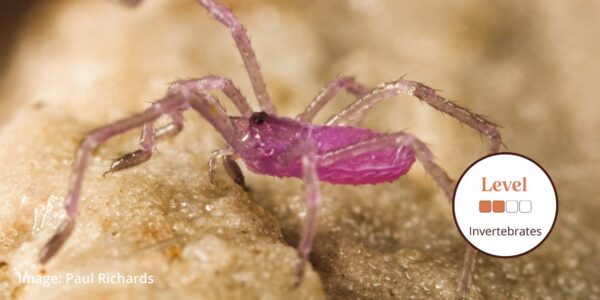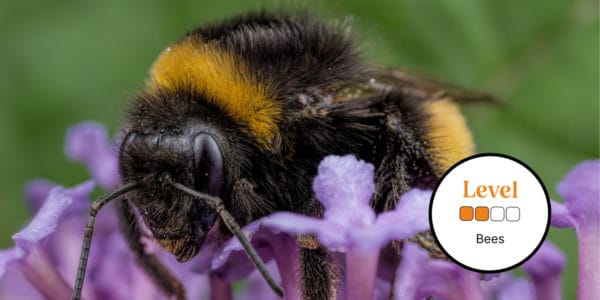There are 40 species of slug living in the UK, all with different ecological roles, and sport a surprising amount of diversity. Despite this few people have the skills to reliably identify many of these to species level. Join our slug tutor and learn the features and skills required to identify a variety of slug species.
In this course you will be supplied with the literature, equipment and specimens to explore slug species in depth using microscopes.
-
- Certificate upon course completion.
- Please email [email protected] if you have any questions.
- Please note that this course will involve using specimens that have been killed and preserved.
This course is aimed at adults only and course attendees must be at least 18 years old in order to attend.
What will be covered during this course?
- The external (morphological) features used in slug identification.
- How to work through the AIDGAP Key to the slugs of Britain & Ireland to determine slug specimens accurately to species level.
- Practical experience observing slug identification features using a microscope and specimen collection.
- No microscope experience is necessary – our tutors will set up and show you how to use a microscope.
See the ‘Example Timetable’, ‘What’s Included’ and ‘Before You Attend’ sections below for more information about this course.
Course Fees
Subsidised Price: £10 Subsidised by the FSC BioLinks project for non-professionals eg. volunteers, biological recorders, wildlife gardeners, amateur naturalists and students.Available to UK residents only. Select ‘Attendee Subsidised: In Person’
Regular Price: £75 For professionals and residents outside of England. Select ‘Attendee: In Person’. Sold Out
Tutor: Imogen Cavadino
Imogen Cavadino first became interested in slugs and snails during a taxonomy and identification module during her masters at university. A chance question and encounter with a national expert led to her completing a one-year TCV Natural Talent traineeship on “Non-marine molluscs” at Amgueddfa Cymru – National Museum Wales in Cardiff. This included sampling terrestrial and aquatic molluscs across South East Wales, identifying material to species level and adding them to the museum’s permanent collections.
Imogen is now working on a PhD on understanding slugs and snail species diversity and ecology in gardens with the Royal Horticultural Society, Newcastle University and Centre for Ecology and Hydrology. As part of her PhD, she is leading the RHS Cellar Slug Survey, collecting data on three large patterned species of slug found in British gardens to understand recent changes in distributions. She is also an ordinary committee member for the Conchological Society of Britain and Ireland, and acts as a verifier for terrestrial mollusc records on iRecord. She is a keen advocate for this often unloved and overlooked fascinating group of terrestrial invertebrates.
Covid Measures
In order to keep our customers and staff safe, we ask that anyone attending our centres:
- Wears a face covering when in shared indoor space (unless exempt).
- Maintains social distancing.
- Cleans their hands regularly.
- Takes a Covid-19 test before they arrive.
Book with Confidence
We understand the difficulties of making plans in the current situation when guidelines continue to change, and insurance conditions are being tightened. In response, we will continue to offer additional flexibility. Find out more here
Example Timetable
- Please arrive in time for the course to start promptly at 10:00 am.
- Refreshments will be available from 9.45 am.
- The course will end at 4:00 pm.
What's Included
- 6 hours of tuition
- Certificate of attendance
- Access to a microscope, identification resources and specimens
Bursaries and Subsidies
FSC BioLinks
FSC BioLinks is an exciting project for FSC in the South East and West Midlands, bringing together existing volunteers with skills in biological recording and identification, and new volunteers.
This project provides subsidised training courses, learning opportunities and digital tools focussed on invertebrate identification for anyone involved or interested in biological recording, to build and strengthen the community.
Invertebrates provide us with many useful ecosystem services, like pollination and decomposition, which we cannot survive without but their numbers are declining. Few people know how to identify or record invertebrates meaning there is a lack of data
We are delighted to have been awarded a grant of £1.23 million from the National Lottery Heritage Fund for this project.
Before You Attend
Getting to FSC London: Bushy Park
Information on getting to the site can be found here.
When you arrive at The Stockyard gate you may need to call the centre to open the gate. You can reach the staff on site on 020 8941 4398.
What to bring
- Notebook and pencil
- Lunch
- If you have your own copy of the 'AIDGAP Key to the Slugs of Britain & Ireland' bring it with you so that you can make notes in your own copy.
- Any Slug specimens that you'd like verified (tutor availability during the course permitting)
Please note that this course will involve using specimens that have been killed and preserved.
There will be a member of staff with first aid training and access to a first aid kit on site. If you have special medical requirements please let us know as soon as possible so we can plan the course.
Sorry this course has ended

